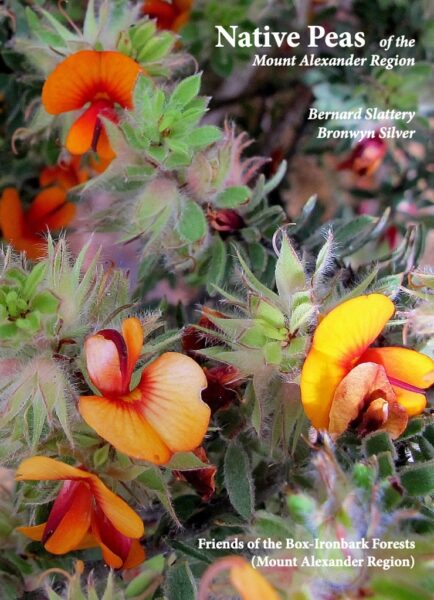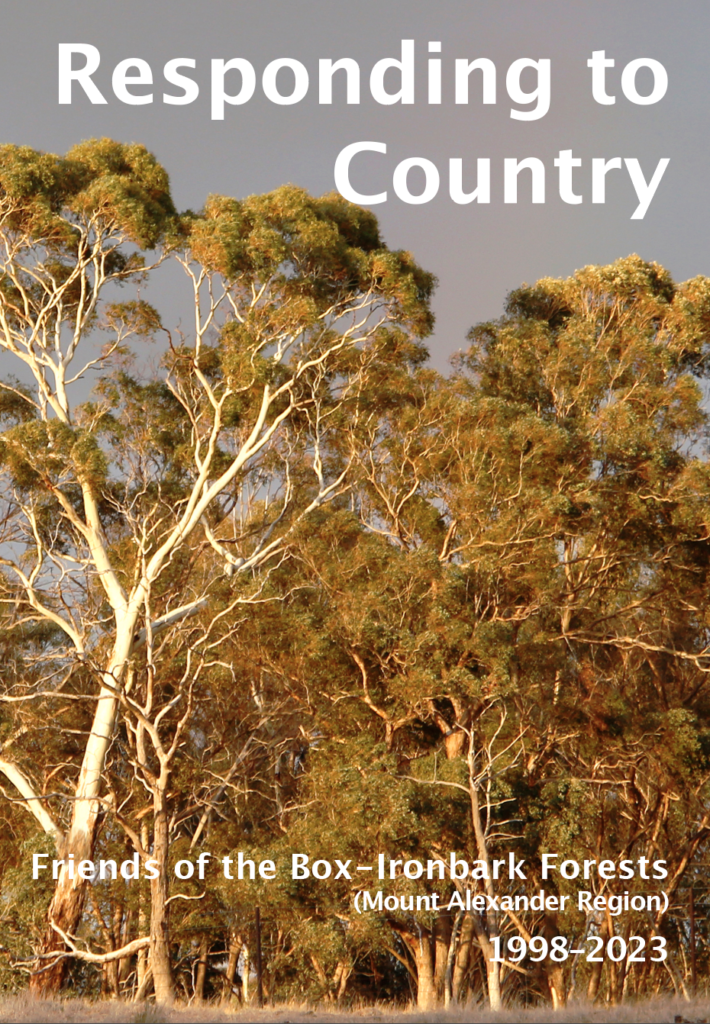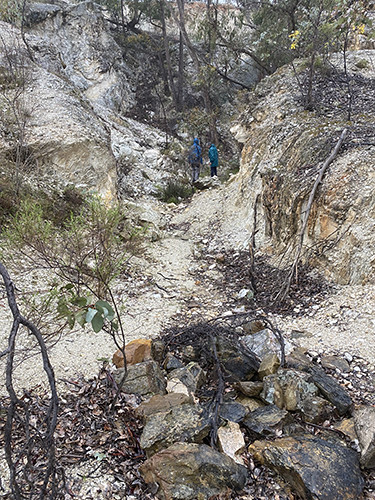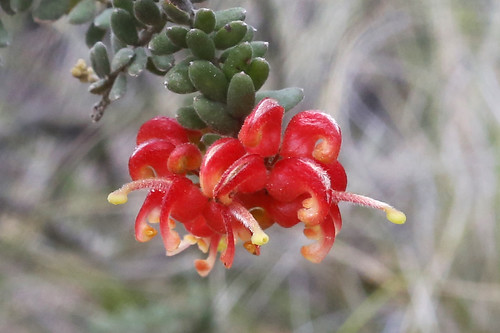Coliban Water has been promising to close down some of its inefficient water races for years. These include the Poverty Gully race, which has been leaking repeatedly—a problem not helped when a DELWP fuel reduction burn destroyed the plastic lining water authorities had installed to try to improve the channel’s efficiency. They certainly reduced that particular fuel.
FOBIF supports the closure of the channel, believing the water is best allowed to boost the ailing Coliban River. At the same time, the closure will have some unfortunate side effects. Channel leakages over the years have created the odd interesting minor wetlands, which dry up when the channel isn’t running, but manage to revive when the water comes.
So, what happens when the water stops for good? It seems that the authority may have at last acted to close the channel, and Naomi Raftery has the following response:
‘A few years ago I wrote a piece for Connecting County’s Nature News. It chronicled the excitement of moving into a new rental in Chewton, which backed onto an ephemeral creek line, fed, as it were, by a leak in the Poverty Gully water race. My enthusiasm was for the frog and birdlife that abounded following a leak and my newfound interest in identifying different species attracted to the water.
‘Coliban Water are in the process of decommissioning the water race, which will be finalised in January 2019. The result is a deafening silence. The frog chorus is gone, the White-faced Herons are not anywhere and the weed march is on.
‘While FOBIF applaud the sensible decision to decommission the race, it is a good case in point for illustrating what will happen in the event of a warming climate and reiterates the importance of setting up solid, long view management of our natural places and in order that they become resilient refugia for humans and plants and animals.’
Right: although an artificial situation, the case is a very good example of what lies ahead for vulnerable corners of our region, like wetlands and water courses, as a warmer and drier climate settles on the country.


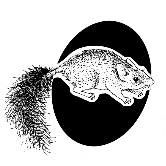
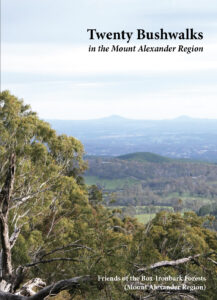
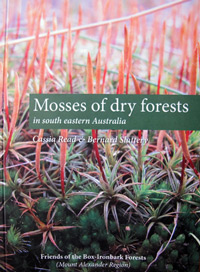 Click on image for info/order page
Click on image for info/order page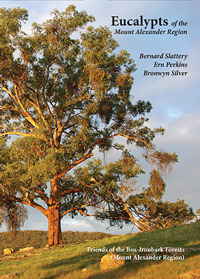 Click on image for info/order page
Click on image for info/order page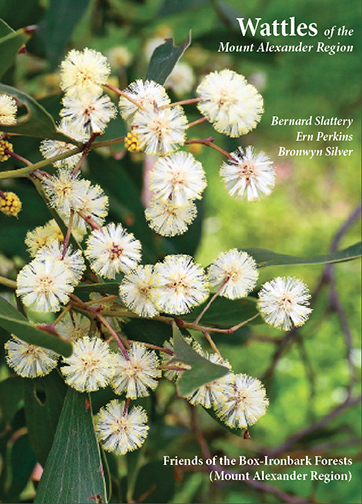 Click on image for info/order page
Click on image for info/order page